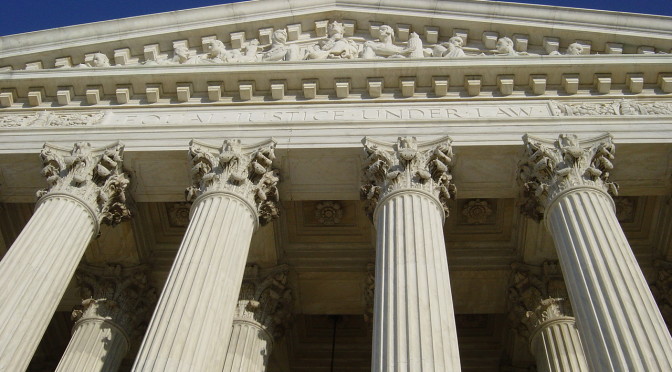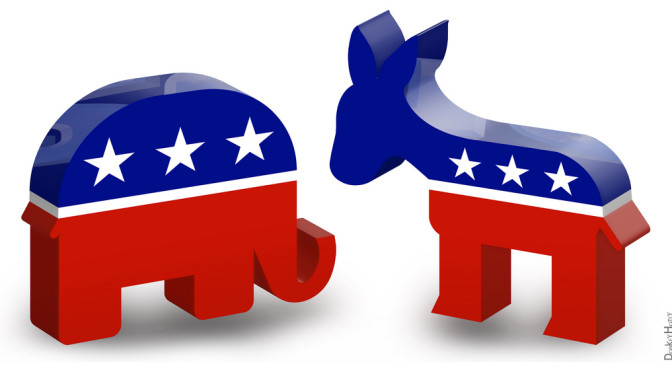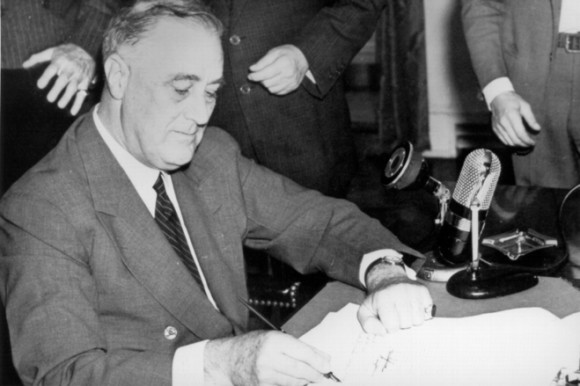Roger Ailes’ 20-year reign as the chairman of Fox News ended this week, the result of a sexual harassment scandal.
He will be remembered by journalism ethicists as the poster boy for conflict of interest. But of Ailes’ many departures from journalistic norms of impartiality, the most egregious was his hiring of a cousin of presidential candidate George W. Bush during the 2000 election.
Partisan journalism, redefined
We talk a lot about conflict of interest in my journalism ethics class: why travel writers shouldn’t accept free trips to Disney World. Why food critics shouldn’t write about their sister-in-law’s restaurant. Why no journalists should actively support or work against any causes or organizations that they may be called upon to write about.
And, especially, why no news executives should assign stories that promote their allies or attack their enemies.
Continue reading The one Roger Ailes hire that changed American politics forever





